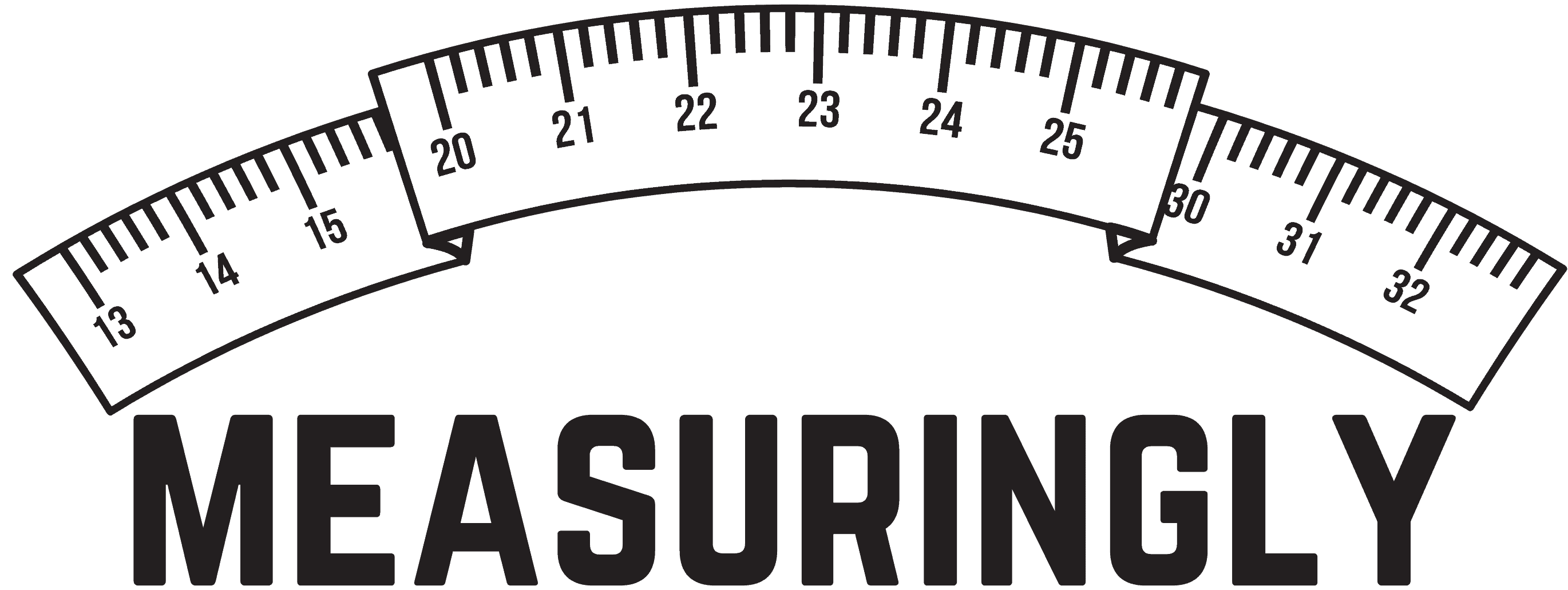Are you a fan of peanut butter and curious about it? We are glad to share useful information on the topic. As you dig into those peanut butter jars, you might wonder how much a cup of peanut butter weighs. Understanding this weight measurement can be essential when following a recipe or gauging your consumption.
When measuring peanut butter, there are some interesting details to consider. The weight of 1 cup of peanut butter can vary because of factors like the brand, the consistency of the product, or whether it is stirred or not.
Read: How Much Does a Cup of Mayo Weigh? (Answered)
Typically, 1 cup of peanut butter weighs around 250 grams (8.8 ounces). This value is based on a standard, commercially available peanut butter with smooth consistency. You’ll find that different brands may have slightly different weights, due to variations in ingredients and how dense the peanut butter is.
Measuringly.com
What is 1 Cup?
When measuring ingredients, such as peanut butter, it’s important to understand the standard units of measurement. In this case, the unit of measurement we’re discussing is 1 cup. A cup is a unit of volume typically used for cooking or serving sizes in the United States.
Think of a standard-sized teacup or a small drinking glass to visualize a cup. It can hold around 8 fluid ounces or 240 milliliters of liquid. Remember that 1 cup is a volume measurement, not a weight measurement.
Now, let’s talk about peanut butter. Peanut butter is a thick, dense spread made from ground, roasted peanuts. It’s a popular ingredient in various recipes and a favorite among sandwich lovers. When measuring peanut butter by volume (like in cups), you should level it off at the top of the measuring cup to ensure an accurate measurement.
Since peanut butter is much denser than most liquids, its weight in a 1-cup measurement would differ from that of water or milk.
How Much Does a Cup of Peanut Butter Weigh?
When you’re measuring peanut butter for a recipe, or just trying to control your portion sizes, knowing the weight of a cup of peanut butter can be helpful. Remember, though, that this can vary depending on the brand and consistency of the peanut butter you’re using.
Typically, 1 cup of peanut butter weighs around 250 grams (8.8 ounces). This value is based on a standard, commercially available peanut butter with smooth consistency. You’ll find that different brands may have slightly different weights, due to variations in ingredients and how dense the peanut butter is.
The weight per cup may also differ if you’re using a more natural peanut butter – one with separated oil and solids. These types of peanut butter usually weigh a little less, because they don’t contain stabilizers or preservatives and have a less dense consistency.
Consider using a kitchen scale when dealing with peanut butter to make your measurements more accurate. Weighing your ingredients is more precise than simply using a measuring cup, mainly when working with something as sticky and dense as peanut butter.

Weight of Peanut Butter
Factors Influencing Weight
When weighing peanut butter, there are a few variables to consider. First, density plays a major role. Density is the mass of a substance per unit of volume, and it varies between different types of peanut butter.
Smooth peanut butter tends to have a higher density than chunky peanut butter due to the absence of solid peanut chunks.
Another factor influencing the weight of your peanut butter is the measuring method. A tightly packed cup of peanut butter will weigh more than a loosely packed cup. Using a scale for more accurate measurements is a good idea, but if you don’t have one, gently press the peanut butter into the measuring cup to ensure consistency.
Typically, 1 cup of peanut butter weighs around 250 grams (8.8 ounces). However, as mentioned earlier, the actual weight may vary depending on the factors mentioned above.
Commercial vs Homemade Peanut Butter
The weight of peanut butter can also be influenced by the type of peanut butter, specifically whether it’s commercial or homemade.
Commercial peanut butter often contains added ingredients such as oils, sugar, salt, and emulsifiers. These additives can affect both the density and weight of the peanut butter. For example, added oils may lower the density, while added sugar can increase the weight.
On the other hand, homemade peanut butter typically contains fewer additives and preservatives. Homemade peanut butter might have a higher density due to the higher concentration of peanuts.
Peanut Butter Serving Size, Weigh in Grams and Calories per Serving
You might find it a bit tricky when measuring peanut butter due to its sticky nature. Let’s look at a table presenting the serving size, weight in grams and ounces, and calories per serving of peanut butter.
| Serving Size | Weight in Grams | Weight in Ounces | Calories per Serving |
|---|---|---|---|
| 1 tablespoon | 16g | 0.56 oz | 94 |
| 2 tablespoons | 32g | 1.13 oz | 188 |
| 1/4 cup | 64g | 2.26 oz | 376 |
| 1/2 cup | 128g | 4.52 oz | 752 |
| 1 cup | 256g | 9.04 oz | 1504 |
Remember, these are approximate values, as peanut butter’s density may vary slightly depending on the brand and whether it’s smooth or crunchy.
Now that you have a handy reference table, you can easily measure your peanut butter for recipes or portion control. No need to guess or struggle with sticky spoons. Just refer to this table and get the right amount for your needs.
While it’s tempting to indulge in generous scoops of peanut butter, be mindful of the calories it adds to your meal. One tablespoon may not seem like much, but those calories can add up quickly! By keeping the serving sizes and calorie count in mind, you can still enjoy your peanut butter without sabotaging your health goals.

Importance of Accurate Measurements
Cooking With Peanut Butter
When you’re cooking with peanut butter, it’s essential to use accurate measurements. This ensures that you achieve the desired consistency and taste in your recipes. For example, adding too much peanut butter to a dish might overpower the other flavors or create a too-thick texture.
Read: How Much Does a CD Weigh? (Detailed Guide)
On the other hand, skimping on the peanut butter could result in a weaker flavor and might not provide the desired creaminess. In any case, being precise with your measurements will produce better results in your culinary creations.
Nutritional Contents
Apart from the taste and texture, the nutritional content of your dishes is another reason why accurate measurements are important. Peanut butter is a calorie-dense and nutrient-rich food; therefore, measuring the correct amount is crucial. Here’s the approximate nutritional breakdown of a 1/4 cup serving of peanut butter:
| Nutrient | Amount |
|---|---|
| Calories | 400 |
| Fat | 32 g |
| Carbohydrates | 16 g |
| Protein | 14 g |
Knowing the weight of 1 cup of peanut butter can more accurately track your caloric intake and nutritional needs. This is particularly important for those following a specific diet plan or trying to maintain a balanced intake of macro and micronutrients.







